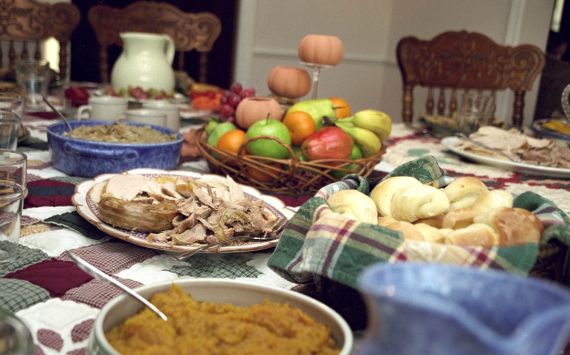Description
National Farmers Union is a national federation of state Farmers Union organizations in the United States. The organization was founded in 1902 in Point, Texas, and is now headquartered in Washington, D.C. Today, the organization continues its original mission: to protect and enhance the economic well-being and quality of life for family farmers and ranchers and their rural communities. It does this by promoting legislation and education beneficial to farmers, and by developing cooperative buying and selling methods and businesses. The current president is Rob Larew, and the vice president is Jeff Kippley. Former NFU Presidents have included Roger Johnson, Tom Buis, and David Frederickson.
Today, National Farmers Union represents more than 200,000 family farms and ranches across the United States. There are organized chapters in 33 different states, and proposals are often started at the local level before moving up to the state and national levels. Once in the spring and once in the fall, leaders of NFU convene in Washington, D.C., to talk with legislators about solutions to problems they are facing.
They state their mission as, "To advocate for the economic and social well-being, and quality of life of family farmers, ranchers, fishermen and consumers and their communities through education, cooperation and legislation. NFU advocates sustainable production of food, fiber, feed and fuel." They also state, "NFU will continue to be the respected, influential and independent national voice and coalition leader that bridges family producers and consumers on behalf of a vibrant and growing grassroots membership."
History
National Farmers Union was founded in 1902, and since then has been politically involved in many issues. It was only a year later that they formed their first marketing cooperative. In the early 1900s they campaigned for both a parcel post system, direct election of senators, and voting rights for women. Their efforts also led to the enactment of the Federal Farm Loan Act. This act established twelve Federal Land Banks.
In 1931 the organization established the Farmers Union Central Exchange and in 1936 it promoted the Commodity Exchange Act. In 1934, it absorbed the once-powerful American Society of Equity. In 1943, NFU campaigned to make school lunches permanent, and two years later was a founding member of Cooperative for American Remittances to Europe (CARE). NFU once again made their mark on school lunches when they helped pass school milk legislation through Congress. 1954 also saw the organization fight for a refund of the federal gas tax for gasoline used for agricultural purposes.
In 1949 the NFU fought hard for the Brannan Plan which would provide generous subsidies to farmers, especially to those with smaller than average operations. All the other major farm groups opposed the Brannan Plan, and it never passed Congress.
In 1966, NFU worked to fight poverty by founding Green Thumb (now known as Experience Works), which secures employment for low-income and older workers. When efforts were made to eliminate the United States Department of Agriculture as a cabinet-level agency, NFU was successful in blocking these efforts.
During the 1970s, NFU was influential in the development of rural health systems, and was also included as part of the World Hunger Action Council. In 1980, the organization was influential in passing a capital gains tax on foreigners who held US farmland.
In 1982, NFU was influential in getting a portion of the military budget shifted to humanitarian food aid using commodity surpluses from the US. In 1990, the organization pushed for increased regulation of and a national standard for organically-produced food. In 2002, NFU was one of the leaders of a coalition of 165 farm and consumer groups that helped establish mandatory country-of-origin labeling. It took even more additional effort in order for the country-of-origin labeling to be officially implemented, and NFU led the charge. The labeling finally went into effect September 30, 2008, but is still being fought by multinational meat companies.
History of diversity, equity, and inclusion
Farmers Union has a long history regarding equality and opportunities for women. Unlike many organizations at the time, Farmers Union did not operate a separate women's auxiliary or distinguish membership of women differently than that of men. In 1908, the Pleasant Valley Union in Rooks County, Kansas elected Miss Amanda Bates as the first-known woman chapter president in Farmers Union history. This was more than a decade before the 19th Amendment to the U.S. Constitution granted women the right to vote. In 1925, the Alabama Farmers Union elected Ida Mathis to be the first state president in Farmers Union history. The first female to be elected to Wisconsin Farmers Union's board was Ruth Huntington of Mondovi, Wisconsin in 1952.
In 1930, National Farmers Union established a youth education program as women from across the U.S. pushed for formalized youth involvement in the organization.
In November 2017, the Wood-Portage-Waupaca County chapter of Wisconsin Farmers Union elected Alicia Razvi as the first Muslim county president in Farmers Union history.
























